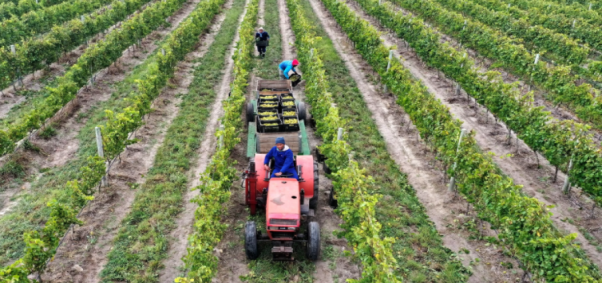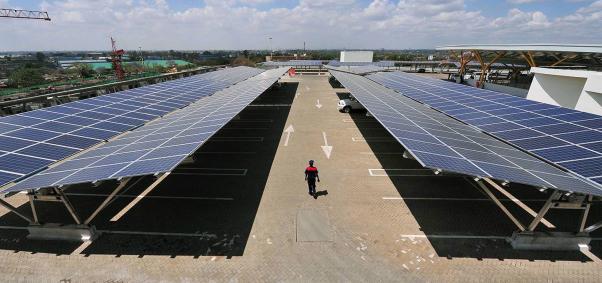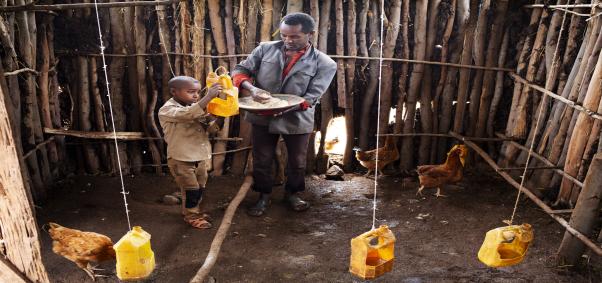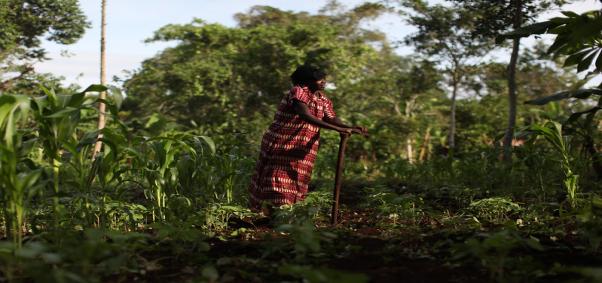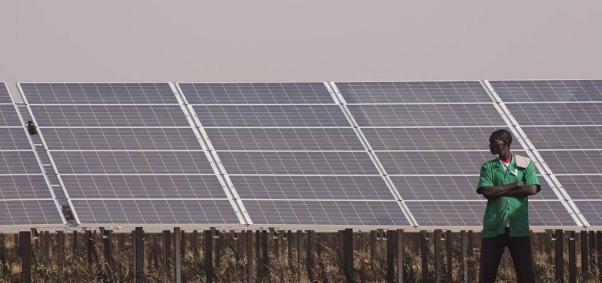
Policies that encourage sustainable growth and entrepreneurship have the potential to ignite a green industrial revolution in Africa. Transformative economic and ‘green growth’ policies, combined with entrepreneurship, could enable Africa to ‘leap frog’ to a clean, resource-efficient modern economy.
A new working paper finds that Africa’s transformation to a more prosperous and sustainable economy will require both structural change – the shift of workers and other resources from low-productivity sectors, such as subsistence agriculture, to high-productivity sectors, such as industry and modern services - and faster productivity growth. It also finds that both economic transformation and structural change depend upon entrepreneurs driving change through innovation and risk-taking.
The incentives and means for Africa to achieve green industrialisation are strong. Over 450 million new workers are expected to enter the African labour market by 2035, and electricity demand is expected to double between 2012 and 2030. At the same time, the cost of clean technologies is falling rapidly and Africa’s clean energy resources are significant.
The working paper concludes that, “sustained robust economic growth is essential to achieve rapid job growth and poverty reduction in Africa,” and recommends that governments:
1. Implement pricing, regulatory and public investment policies to offset market failures and foster development of domestic green markets.
2. Strengthen industrial development policies and increasingly exploit global green market opportunities.
3. Create policies that strengthen capacity and entrepreneurship, including green entrepreneurship, by adopting unique strategies for the three major types of firms in Africa’s industrial sector – ‘elephants’, ‘gazelles’ and ‘survival entrepreneurs’.
Download Green Industrialisation and Entrepreneurship in Africa, a new working paper from the New Climate Economy (NCE) and OECD Development Centre, written by experts from NCE, ODI and Brookings.
Photo Credit: Solar Sister

